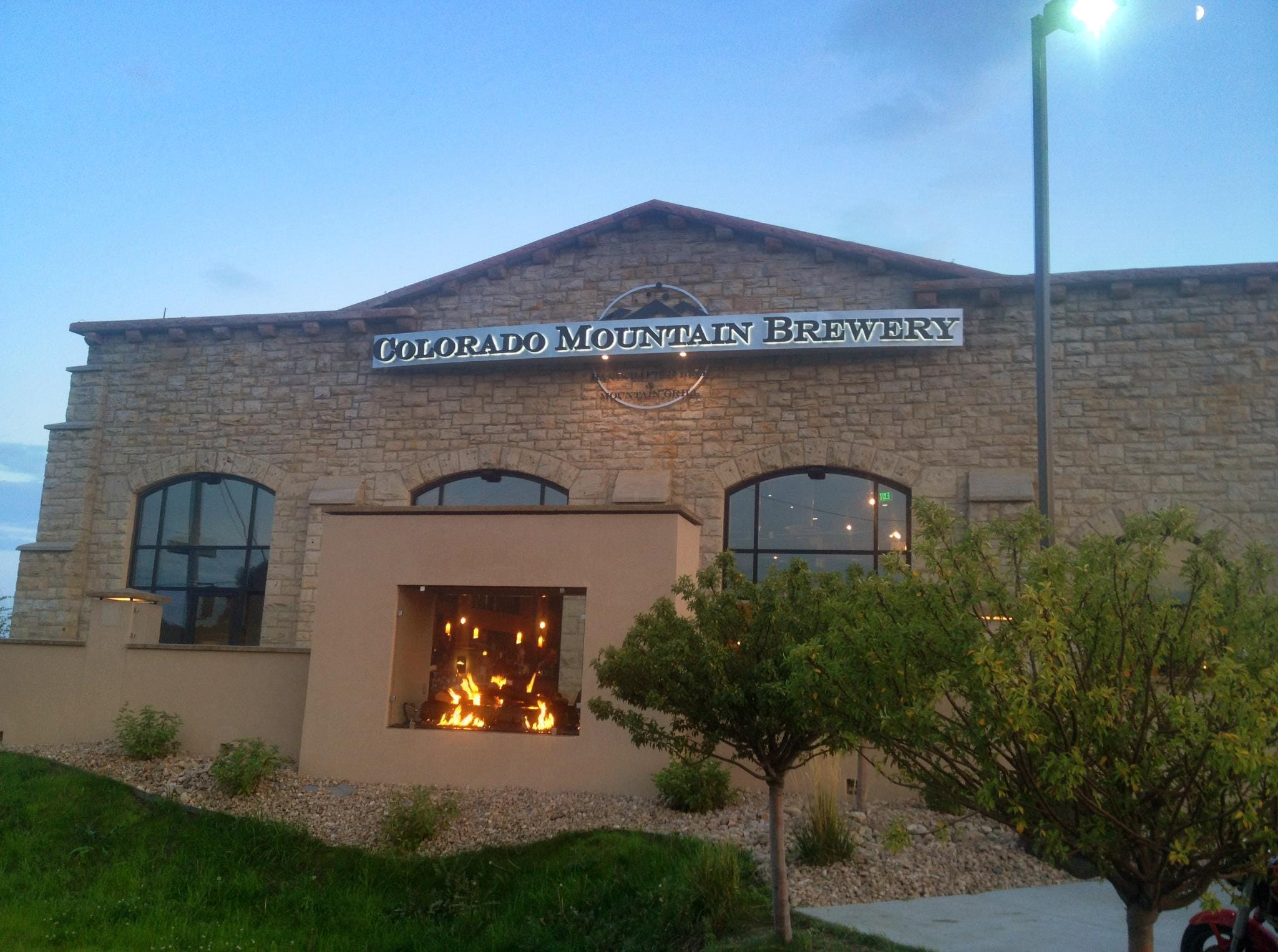The recent advisory issued by the U.S. Surgeon General has sparked significant discussion among Colorado businesses regarding the health implications of alcohol consumption. The advisory specifically emphasizes the increased risk of various types of cancer associated with alcohol use, a message that has resonated with health advocates and prompted a reevaluation of practices within the alcohol industry.
In Colorado, where craft breweries, wineries, and distilleries are integral to the local economy and culture, the response to the Surgeon General’s advisory has been multifaceted. Many business owners are acknowledging the importance of public health messaging while also considering the potential impact on their operations. Some establishments are exploring ways to incorporate health-conscious options into their offerings, such as non-alcoholic beverages and lower-alcohol alternatives, to cater to a growing demographic of consumers who are more health-aware.
Health advocates in Colorado have welcomed the Surgeon General’s advisory, viewing it as a crucial step in raising awareness about the risks associated with alcohol consumption. They argue that the public often underestimates the health consequences of drinking, and the advisory serves as a necessary reminder of the potential dangers. This perspective has led to increased collaboration between health organizations and local businesses, with initiatives aimed at promoting responsible drinking and providing educational resources to consumers.
On the other hand, some industry representatives express concern about the potential economic implications of the advisory. They argue that while public health is paramount, the alcohol industry plays a significant role in Colorado’s economy, providing jobs and contributing to local communities. These representatives are advocating for a balanced approach that considers both public health and the economic realities faced by businesses in the sector.
In light of the advisory, several Colorado breweries and wineries have begun to implement changes in their marketing strategies. Some are opting to include health warnings on their labels, while others are focusing on promoting their non-alcoholic options more prominently. This shift reflects a growing trend among consumers who are increasingly seeking healthier lifestyle choices, including moderation in alcohol consumption.
Moreover, the advisory has prompted discussions about the role of education in addressing alcohol-related health risks. Many businesses are recognizing the importance of providing information to their customers about responsible drinking and the potential health risks associated with excessive alcohol consumption. This includes hosting events that focus on education and awareness, as well as collaborating with health organizations to disseminate information about the risks of alcohol.
The Surgeon General’s advisory has also sparked conversations about the need for more comprehensive public health campaigns that address alcohol consumption. Advocates argue that such campaigns should not only focus on the risks but also promote healthier alternatives and lifestyle choices. This could involve partnerships between businesses and health organizations to create a more informed consumer base.
As the conversation continues, it is clear that the advisory has opened up a dialogue about the intersection of public health and the alcohol industry in Colorado. Businesses are beginning to recognize the importance of aligning their practices with public health goals, while also navigating the challenges posed by changing consumer preferences and economic pressures.
In conclusion, the response from Colorado businesses to the Surgeon General’s advisory on the cancer risks of alcohol consumption reflects a complex interplay of health awareness, economic considerations, and consumer behavior. As the industry adapts to these new insights, it will be essential for businesses to find a balance that supports public health while also sustaining their operations. The ongoing dialogue between health advocates, industry representatives, and consumers will play a crucial role in shaping the future of alcohol consumption in Colorado.



